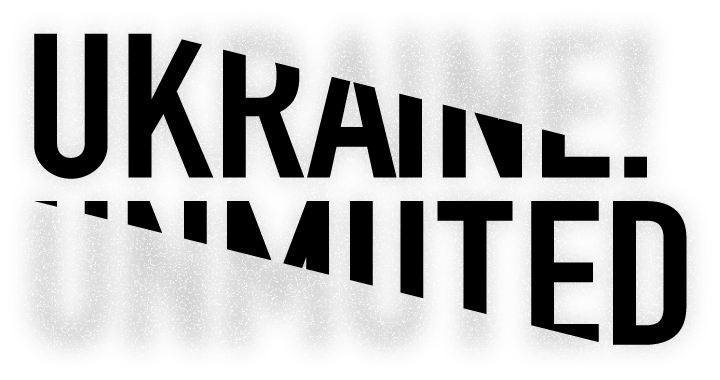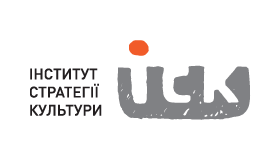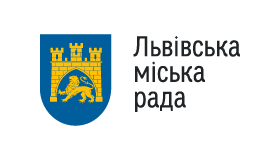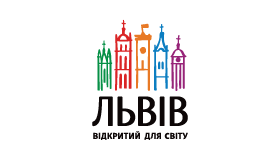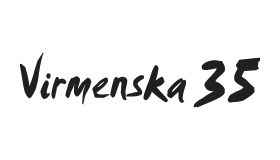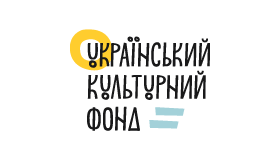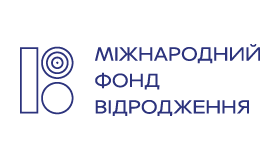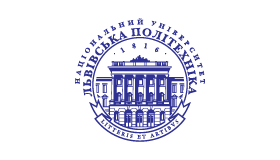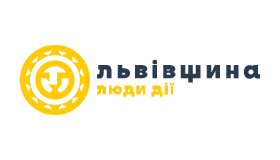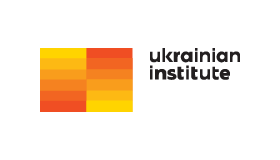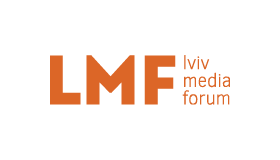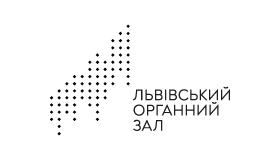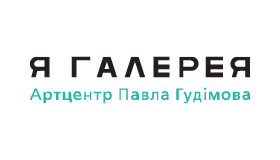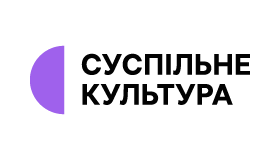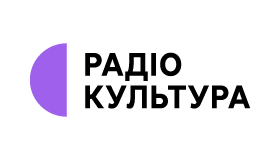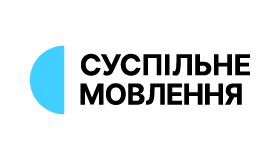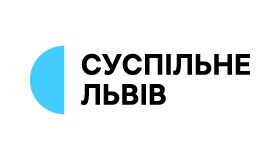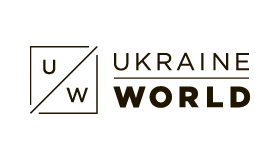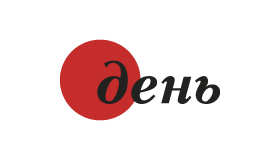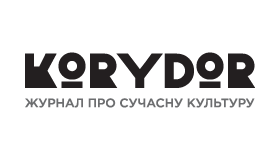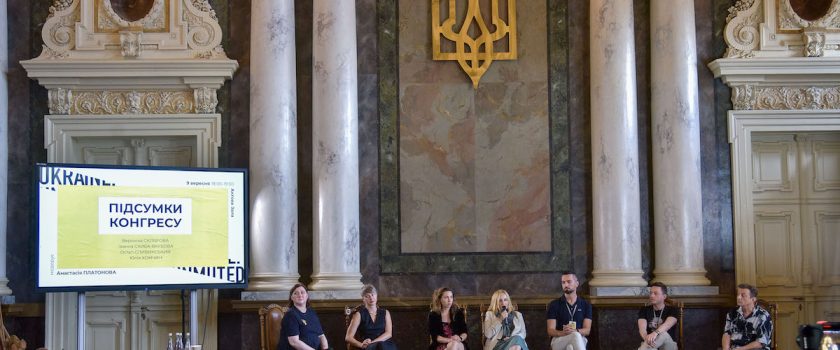
Anastasia Platonova
At the beginning of September, the third Culture Congress called UKRAINE! UNMUTED took place in Lviv after a two-year break. This year, the focus of the Congress was reasonably specified by the full-scale war, its consequences, and countless transformations that the people of Ukraine have been enduring through the last eighteen months. In some way, the topics of all the three curatorial days of the Congress have referred to reflections on the altered Ukrainian reality and attempts of groping and comprehending the new actuality.
The Culture Congress has historically happened to become a medium of detecting changes that took place in Ukrainian culture over the years. Each iteration of the Congress has on top of that happened to become a certain turning point within the context of these changes. The first Congress (2019) became, for example, a moment of summing up the results of the first five years since the Revolution of Dignity, when a whole range of institutions was established, new transparent rules and procedures launched etc. The second one made the system crisis in the Ukrainian cultural sphere, with its value conflict between the state and cultural community, systemic fatigue, and the biggest confusion about whether we, the professionals in the cultural field, still have the right to call ourselves a full-fledged community, explicit in 2021.
In 2023, the Congress reflected how profound a change have we all undergone in two years only. Today, there is no question of whether we are a community and what brings us together. It’s of much more importance (and interest) to debate and contemplate on how our sense of belonging to the community is transformed in times of the full-scale war and what can we, being endangered but also united currently as ever, do today. This is why the greatest importance of this year’s Congress consists in the fact that it has become a venue for the conversation about the ability to cast secondary contradictions aside for the sake of the common goal as the essence of being a community, and the ability to listen to each other, recognizing everyone’s effort and contribution, helping the others’ voices to be heard.
The reality, at the same time, has proved to be able to produce some brand-new senses despite its bizarre complexity. In 2023, the Culture Congress reflected, debated and contemplated on a wide range of topics not simply nonexistent on the Ukrainian social agenda two years ago but partly difficult to grope and put into words until about six months back.
How have we really changed while wandering through dark times, fatigue, and exhaustion? What matters feel like the most important, except for the basic ones like survival, protection, and restoration? What are our heaviest triggers and biggest fears? What do we want to talk about, having not a single idea of how we are going to do it? Where can we get enough mental strength, faith in tomorrow, professional and human sensitivity to talk about all the diversity of war experiences? How are we supposed to envision at least some future when the ground seems to crumble under your feet? How to talk about things that no words are powerful enough to describe?
The crisis of naming and definition, brought by the war, gave the curators of one Congress’s blocks, Ostap Slyvynsky and Zoriana Rybchynska, an idea of a conversation about the new vocabular our present-day life is demanding instead of the old one, helpless in expressing the reality.
What happens to our language in wartime? How is its wording evolving and gaining new meanings? How are private and public communications transforming? How are narratives and tone of voice changing inside a community and in conversation with different audiences in wartime? And what, into the bargain, are we silent about?
Language in wartime becomes a way to get along and come together, an exponent of emotions, a weapon, a guard and important feature to mark an identity. It turns into a kind of a tuning fork, a way to not just convey a message but explain ourselves and our experiences, hear and understand the others, find like-minded people, gain the sense of security, and rediscover the meaning and taste for life.
Another cluster of topics discussed (sometimes, however, just briefly) at the Congress was attributable to the forced migration, physical and, in some cases, also mental dissociation between those who are experiencing the war in their country and those who currently stay abroad.
Apart from fairly obvious subjects, like production or changing of narratives and Ukrainian voices in the international field, the discussions concerned issues less spoken or even unspoken at all – such as, for instance, broken ties in the cultural community, partly forced to relocate abroad, or impossibility of planning the personal and social future as long as it isn’t real to predict who and when is going to return to Ukraine.
The substance of how consistently the transformations brought by the war can overtake the Ukrainian society, though unbeknownst to many today, becomes evident in this professional but socially relevant conversation. We learn not to put hard topics off to better times but ask ourselves and each other all the uneasy questions.
This isn’t, in fact, a conversation on merely who is going to stay abroad and who isn’t: we are talking about the way Ukrainian society is to look like and function in the immediate future. We are talking about the new social connections to be built, the responsibility for the changes to be shared, the common future to be created as a space of living and return (since any option of return into our pre-war history is nothing but an illusion: one can only return to the future we still got to generate).
Journey back home (i.e., journey back to the future) can make it long and difficult in our circumstances. Yet a good sign is in our willingness to reflect and talk about the importance of every personal contribution, from commitment to help other people to return or reintegrate in Ukraine, to devotedly playing our part in rebuilding the war-torn country.
The third day of the Congress, “Awakening of the voice”, was focused on the matter of conversation and our way to tell our stories, to build and transform narratives, and not least on our way to listen and mainly to hear each other. Are we sensitive and empathetic enough to merely try someone else’s shoes in our minds? Do we manage to keep the balance between the urge of being heard and our own commitment to hear? Are we still able to reconcile such different human experiences without devaluing either of them?
Some experts’ opinion on Ukraine’s newly acquired powerful international voice is, unfortunately, retaining the harsh reality of European intellectuals’ noticeable fatigue from the news of Ukrainian war, support erosion, and many other challenges. In such a situation we should, of course, think of tailoring our narratives and messages to countless international audiences, but also keep in mind that the number of resources we possess to reach this goal is woefully limited. It means that we (primarily I’m regarding institutions responsible for public cultural diplomacy but cultural professionals as well) must set our priorities very clearly and focus efforts on them.
These days, we are facing a very difficult task of keeping the bar of international attention for Ukraine and deepening the knowledge about our country and its culture.
The word “future” was among the constantly repeated through panel discussions and informal conversations during the Culture Congress. This is another good sign as, thinking and talking about what the future can look like and how should we go this marathon distance, we keep making it happen day by day.
It’s hard yet to imagine our conversations of the next Culture Congress in another two years’ time. Many challenges and heaps of work are still ahead. Nonetheless, this work will obviously be not just about survival practices but also about restoration and development.



